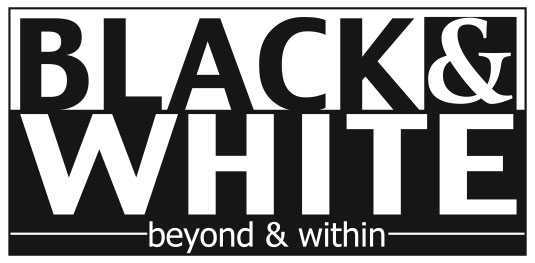
Ritu Chaturvedi
Assistant professor, School of Computer Science,
University of Guelph (CANADA)
Face-to-face versus online classes and learning from school versus home schooling. Suddenly such topics are being hotly debated but with good reason though. The pandemic has pushed the traditional schooling to the background and virtual schooling is currently in vogue.
As of this moment, students are studying outside of a brick-and-mortar school from their homes and are now part of this major online learning scenario. And, everyone is currently coping. The online teachers are managing their students’ studies from afar within a structured curriculum.
But is this new system providing the flexibility that a student needs to thrive in?
And if we all go online, what would happen to the good old traditional education system? I believe that once things settle, we will transition to a hybrid system that combines traditional educational system and online classes.
Traditional systems will prevail, but perhaps with some changes. I believe there is no substitute for a good teacher. Other modes of delivery will not have the same impact that a teacher can have on students. Besides content delivery, traditional system also encourages social interaction in the form of group labs and assignments.
Will youth gain?
Now, the pertinent question is: will the youth gain from this change over?
Students will gain new skill sets, besides learning the course content. Time management and self-study is crucial to success in online courses.
Traditionally, students attend classes for reasons that include learning the course content from instructors and also to gather any communication regarding the course (e.g. announcement in class on a quiz coming up).
With no face-to-face classes, students need to rely on logging into the learning management system regularly and often to gather such communication, this encourages self discipline.
Students will have the liberty to take the course at their own pace and time, provide they keep up with the course content and assessments. I am not very sure of this, but it is possible that online courses will be less expensive for students rather than traditional courses, since they do not use university facilities.
And the teaching committee goes to…
This maybe the new normal, but it again raises some question marks: What will happen to the teaching community? Currently, in many universities and colleges, traditional education system adapts a blended approach, which combines face-to-face classroom teaching with web-based learning management systems that host the course resources such as lecture slides (in text form, mostly as PowerPoint presentations or PDFs), announcements, assignments and so on.
Instructors use and post lecture slides mostly to supplement their classroom teaching. If classes were to go completely online, the course resources will need a total makeover.
Instructors will need to be tech-savvy
Lecture slides will be created, not as a supplementary material but as a comprehensive material that students will use in the absence of an instructor. The medium of lecture slides will require a change, from purely text to small videos in combination with text.
Online assessments will need to be recreated and monitored so that they discourage plagiarism. Instructors will spend many hours and resources in order to offer their courses that are purely online. They will also need to be technology-savvy to offer such online courses (e.g. live-stream classes via zoom).
All roads lead to home schooling?
That brings me to yet another doubt: Will we all turn to home schooling finally?
I hope not. Home schooling has its advantages, but it does not replace the traditional educational system.
The social aspect of the traditional education system helps the students gain advantages by interacting with numerous other students, staff and instructors. Also, being present in a university gives a student many opportunities to build job connections and networking, that home schooling simply cannot offer.

0 Comments